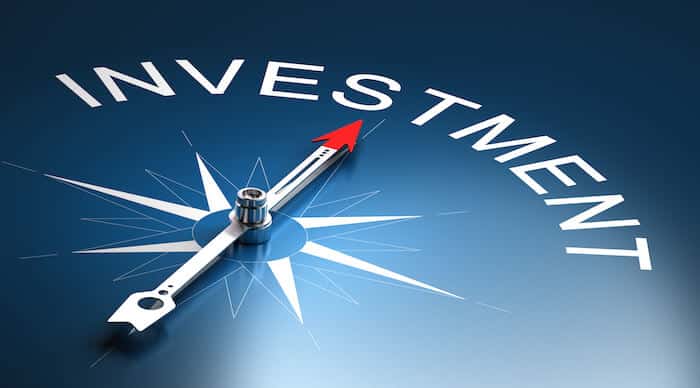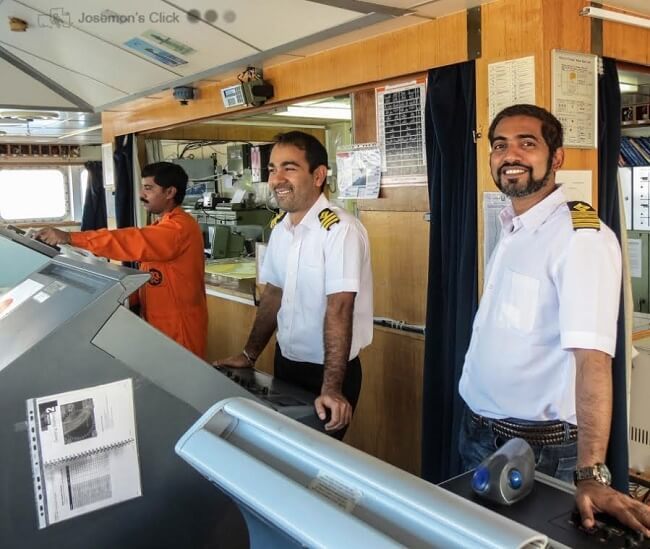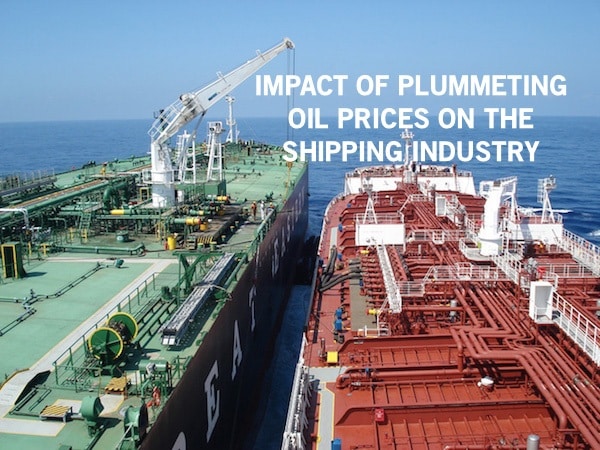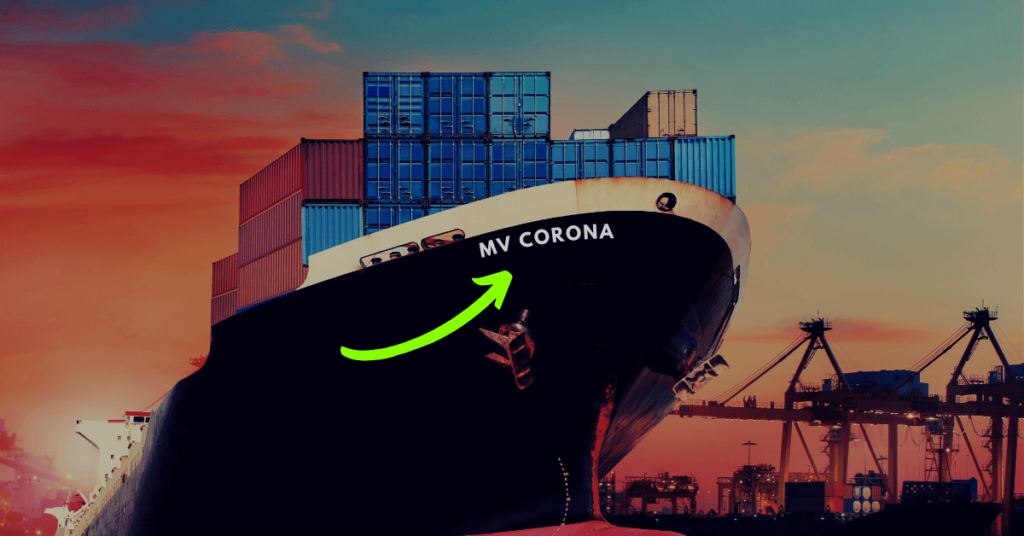Financial Planning For Seafarers: Difference Between Direct Equity Stocks and Equity Mutual Funds
We get a lot of queries from seafarers who want to start investing their hard earned money through various financial tools and the most frequently asked question we get is what is better for investing money – Direct equity stocks or equity mutual funds?
In this article, Mr Rajeeve Kaushik, mariner and financial planning expert, advise what is the best financial tool for seafarers, both new and experienced.
Very often I come across the habitual stock investor or a stock trader starting to invest in mutual funds on a trial basis.
It becomes quite easy to see the tendencies of stock investments creeping into Mutual Fund. Little do they realise that both do not work in the same way and following are the reasons why they do not.
1. Near Complete knowledge of stocks:
When an investor is investing in a company stock he knows, or at least he should know, the business of the company and the management. He has at his disposal the possibility to see the companies specific financials in terms of business and the P/L balance sheet. The investor can see the product of the company around him or at least in an advertisement in the paper or electronic media.
This is not so with mutual funds. When you buy a mutual fund you do not know anything about its business, since it is a collection of various businesses.
Sometimes if you are buying NFO you will not know the holding of the fund either.
Mutual fund is simply a collection of your money and the monies of so many other people. If you are careful enough you might see the Holdings of the mutual fund 1 month ago but never the immediate holding of the day.
So it is almost like throwing a dart at the board with your eyes closed.
2. Highly volatile Price of Stocks:
A stock is available at a price which is changing almost every fraction of a second so you know at what price you are buying. Whereas in the case of mutual fund you can only buy until half an hour before the stock market closes. i.e. 3: 00 PM (most of the countries).
On the other hand, the price at which you will be allotted the units is decided in the late evening when the NAV of the fund is declared. Hence in the case of a mutual fund, you cannot invest specifically by seeing the condition of the market or that of any one company even if your fund has invested in that company.
You have to select a good fund and then keep investing slowly and steadily while watching the changes in the NAV or price of your fund with respect to the market.
3. Mutual Funds are more Inclusive:
Since the mutual fund is a collection of more than approximately 30 companies across diversified sectors if you are investing in a diversified fund it gives you a possibility of making your holistic investment and thereby gaining from it as your country progresses.
4. A Mutual fund is a more Holistic and Organic way:
The mutual fund is generating wealth without getting too much involved in the process. Very rarely will you see a fund becoming twice or thrice in Price or Nav in a single year, whereas Good stocks you could see even it grow 4 times.
On the same scale, you will rarely see a mutual fund falling as much as the best performing company or a worst performing company in a particular time period.
In this way, it protects both the upside and downside.
The question then arises is why should one not go for stocks alone instead of generating lower returns via that of mutual funds.
The answer to this lies in the question itself.
5. Specialised Knowledge for Stocks:
Not everyone has the time or the wherewithal to know about a good stock at a good price and at a good time. In a single day itself, you could see a wild fluctuation of up to even 8% for a single stock which could be unnerving for most. So even if you know a good company but do not know the right price to buy, you could actually be saddled with a liability for a long time.
Professionals who have their own jobs look after their career and skills to develop in the initial stages of the career or even at a later stage ; have very few choices except going for PMS or mutual fund if they want to ensure that the savings keep much ahead of the inflation and they achieve Financial Freedom sooner than later.
6. Learn discipline in investing: This is the reason that I suggest to most of the people to keep away from stock investment or trading unless they have built up a literally stronger and large of a portfolio in mutual funds alone. By building a good portfolio in mutual funds the investor would have got into the habit first is a discipline to invest regularly and secondly, he becomes impervious to the vagaries of the stock market.
This means he/she does not get too exuberant if the market rises and also he/she does not get to disturbed if the market falls.
These habits will go a long way in later life for him to not only make investments in direct stocks but also appreciate the uncertainties in his personal life.
7. Too less about too much: I have seen by experience that when people invest in direct stocks at a good price and good company they invest far too little to make any appreciable difference to their overall income. Hence, even if the company does well, their holding as a percentage of the total investible income that he possesses is very less.
Of course everyone’s life philosophy is different and everybody lives his own life by different parameters; still at the end of the day, one must keep a clear focus in mind about obtaining financial independence sooner than later.
As seafarers or marine professionals, it is imperative that we invest more of our time and energy in building up our professional skills which in fact take a large time and resources as we put on more and more stripes on our Shoulders and feathers to our Peak Caps.
You may also like to read –
- The Financially Illiterate Mariner – Are You One Of Them?
- Financial Planning: Long Term Capital Gain (LTCG) Tax And Life After That
Disclaimer: The authors’ views expressed in this article do not necessarily reflect the views of Marine Insight. Data and charts, if used, in the article have been sourced from available information and have not been authenticated by any statutory authority. The author and Marine Insight do not claim it to be accurate nor accept any responsibility for the same. The views constitute only the opinions and do not constitute any guidelines or recommendation on any course of action to be followed by the reader.
The article or images cannot be reproduced, copied, shared or used in any form without the permission of the author and Marine Insight.
Do you have info to share with us ? Suggest a correction
Latest Financial Planning You Would Like:

About Author
Rajeeve has been a Chief Engineer for 19 years. He kept his deadline and retired himself on his 50th birthday. With a penchant for reading and writing serious literature and driving long distances, his main hobby is observing and commenting on the economy of the country. He has been helping colleagues at sea by planning their finances and future for over 20 years now. Living in the rapidly diminishing Himalayas, he appreciates every aspect of his beloved country, lying between the Green Hills and the Blue Ocean.
Related Posts
Subscribe To Our Newsletters
By subscribing, you agree to our Privacy Policy and may receive occasional deal communications; you can unsubscribe anytime.






















One very important aspect is also that , while you are at sea, you don’t have to keep a track of your individual stock/ Company; whether there is something wrong with the management. I remember a freindly master has his lifelong savings in Satyam in 2006. Then it all just went off in a whiff.
Mutual Funds allow you to obviate that risk because at a time you are invested in a lot of companies and your Fund manager is more equipped to deal with that monitoring.